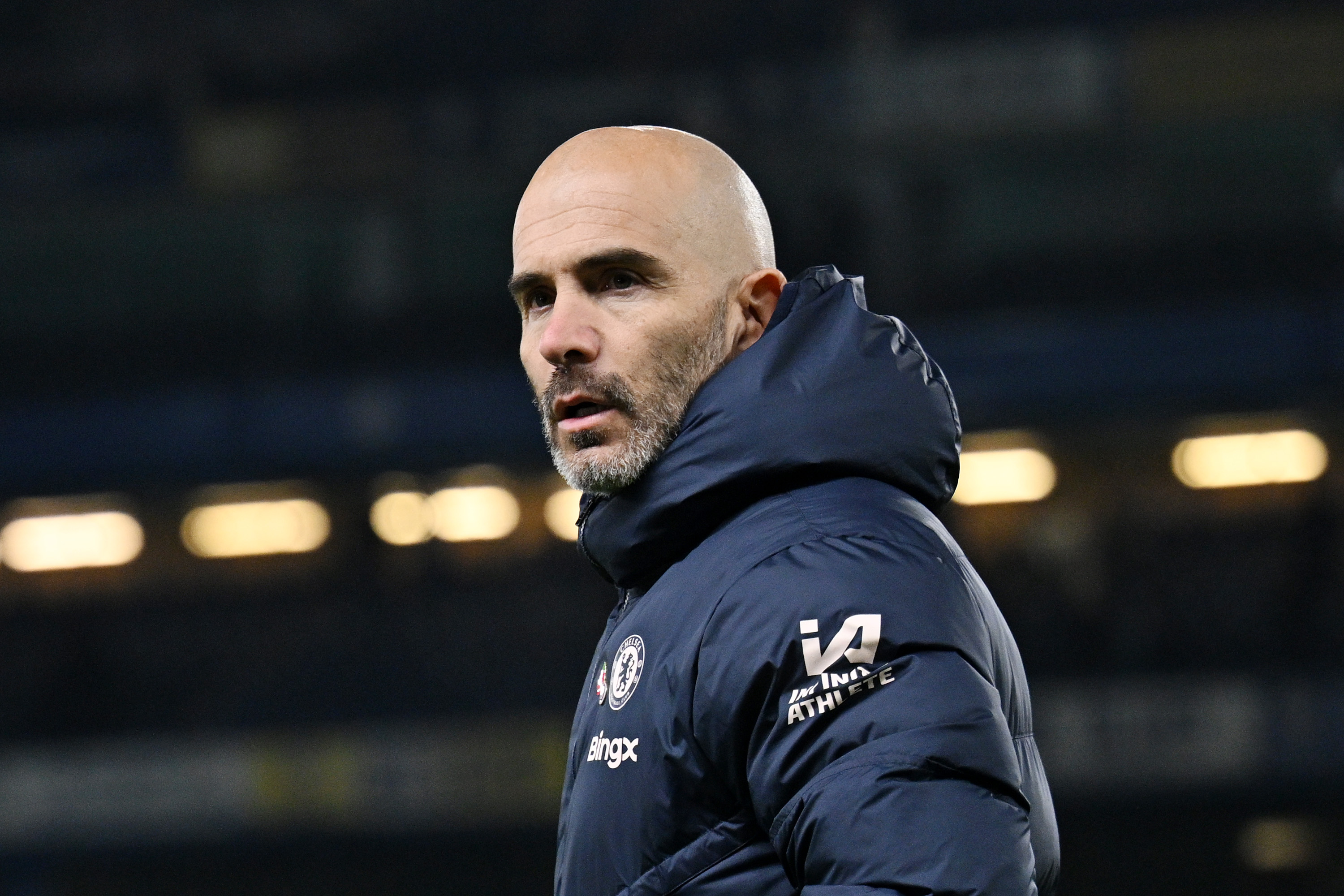Liverpool vs Chelsea: the birth of a very modern rivalry
As Liverpool and Chelsea prepare to face one another twice in four days, Leo Moynihan looks at the blossoming of a 21st-century grudge match...
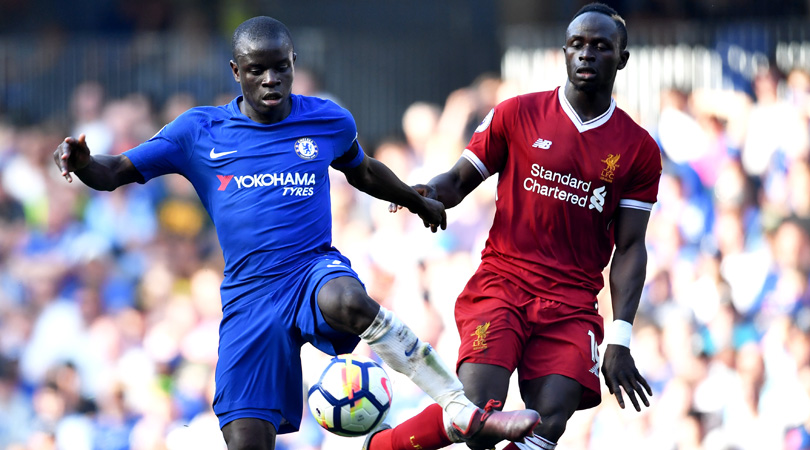
Spring 1987. A simpler time. Liverpool are the visitors to Stamford Bridge and the sun shines on SW6. No titles are at stake, no European places up for grabs. Over 30,000 fans have come to make themselves heard for the last time that season before a long, football-free summer.
It is Ian Rush’s last game before his move from Liverpool to Juventus.
Ken Bates takes to the field prior to the game, grabs the microphone and heaps praise on the striker before handing him a stick of celery (Chelsea’s official vegetable) and wishing him well. Applause rings around the stadium, Rush scores in a cracking 3-3 draw and the fans of both clubs go merrily on their way.
Exactly a year earlier, a Kenny Dalglish volley wins the same fixture and Liverpool the title. The raucous away fans, having been asked to stay behind, are wildly celebrating their title while an accommodating Chelsea tannoy plays Queen’s We Are The Champions as way of congratulations.
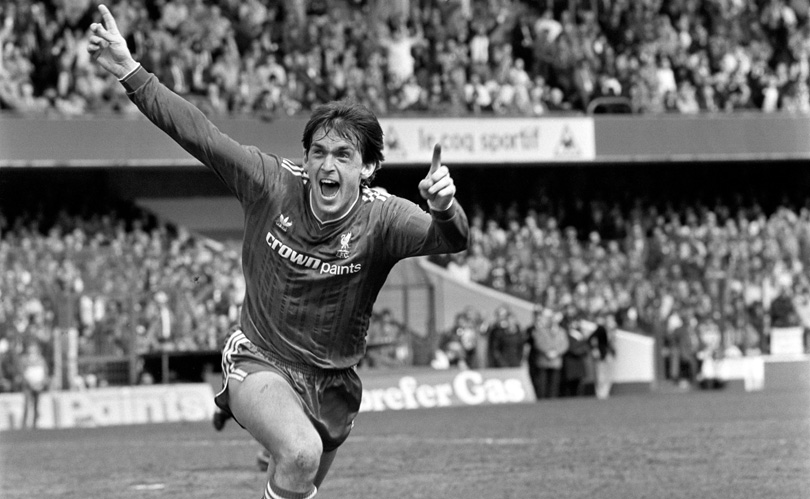
Chelsea vs Liverpool. Liverpool vs Chelsea. This wasn’t a fixture that over the years has had pundits reaching for words such as rivalry or bitter. This was just two old football clubs getting on with their business from different ends of the country. Sure, there might be the odd terrace chant about Liverpool fans signing on.
Sure, Robbie Fowler took things from football pitch to playground when he showed Graeme Le Saux his cheeky side, but there was never any real animosity.
In 2003, with a Champions League spot up to grabs for the winners, a defeated Liverpool support applauded Gianfranco Zola from the field for the last time in Chelsea’s blue. He was brilliant, they always thought. He deserved that.
And mind games? The closest you’ll get to a mind game came in the FA Cup semi-final in 1965 between the two, when Bill Shankly pinned to the dressing-room wall a brochure created by Chelsea’s Terry Venables in readiness for what Chelsea saw as an impending final appearance. “Get out there,” said Shanks, “and stuff those wee cocky southern b*****s.” And that was that.
Roman's empire
Get FourFourTwo Newsletter
The best features, fun and footballing quizzes, straight to your inbox every week.
Fast-forward to today and things have changed. The two clubs haven’t necessarily traded blows in title-deciding games at the Premier League’s business end, but there have been huge games against one another, and today what feels like a very modern rivalry can spill into the unpleasant.
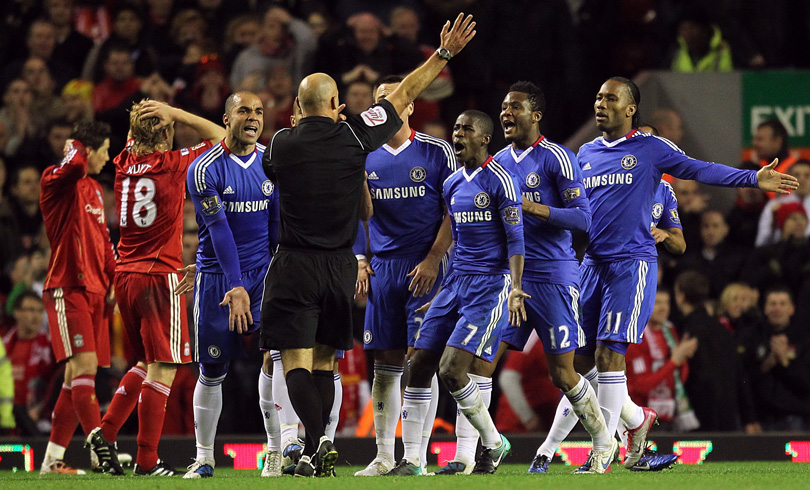
Liverpool’s feud with Manchester United can be traced to the industrial revolution, while Tottenham and Arsenal is all about north London one-upmanship. Even Brighton and Crystal Palace have a very real hatred seemingly over who is closer to Gatwick’s North Terminal. These footballing contentions have legitimate historical and geographical factors pushing them on. Chelsea and Liverpool; this seems more new, more Premier League.
Just weeks after that 2003 win over Liverpool at Stamford Bridge, Roman Abramovich decided to put his fortune on blue and football, seemingly, would never be the same again. Chelsea excelled, opponents scoffed and from there this particular rivalry became a thing.
But it couldn’t have been purely the arrival of Abramovich’s cash injection (one banner in Istanbul in 2005 playfully mocked that 'Roman’s taxes pay our giros') that fuelled the flames, could it? Yes, plenty of Liverpool fans derided Chelsea’s financial fortunes but there was more to it.
On the pitch the two sets of fans had plenty of scope – on the biggest of occasions – to hope the other failed. In 2005, the League Cup final was contested in Cardiff. Chelsea won but the iconic image of the day is Jose Mourinho, finger to mouth shushing irate Liverpudlians.
Months later it was Mourinho rendered speechless as Liverpool won a tight Champions League semi-final tie 1-0 thanks to what the Portuguese still likes to call “the ghost goal” of Luis Garcia. In 2006, it was an FA Cup semi-final at Old Trafford, won by Liverpool. The 2007 Champions League semi-final was again taken by Rafa Benitez’s Liverpool (this time on penalties), while the encounters in that competition between the two in 2008 and 2009 saw blue revenge.
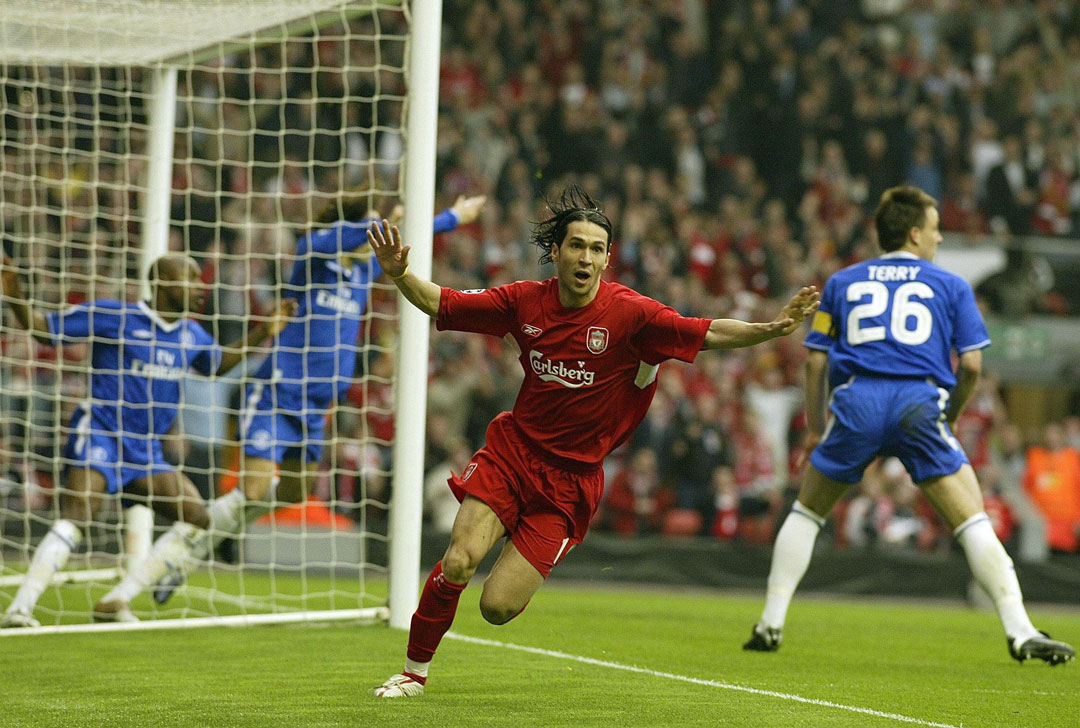
However Chelsea's ultimate act of Red denial came in 2014, when Mourinho - in his second spell as Blues boss - oversaw a 2-0 win at Stamford Bridge which derailed the league title challenge of Brendan Rogers' Liverpool side at the last.
Stoking the discord
Off the pitch there have also been reasons for discord. Liverpool’s former talisman, Steven Gerrard, was twice tempted by Chelsea’s blue apple. The approach caused anger on Merseyside; Gerrard’s refusal to go caused resentment on the King's Road.
Chants have played their part too. Liverpool’s “You ain’t got no history” got up the noses of Chelsea fans. Distasteful cries of “Murderers” in reference to Heysel from a minority of Chelsea fans have caused great offence in Liverpool.
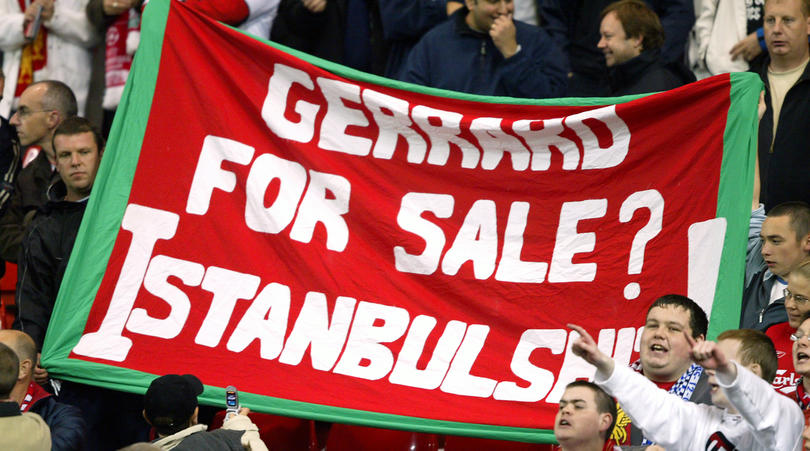
Throw it all into a simmering melting pot and you have the most nouveau of fall-outs. As one fan on a Chelsea forum put it when their fans were recently discussing who were Chelsea’s biggest rivals: “In terms of pure hatred, it’s Liverpool. It’s not a 'rivalry' as such because we fight for different objectives, this is just bad blood.”
'Different objectives' – meaning Chelsea have, until this season, been more regular and realistic Premier League challengers – is correct and might rile Liverpool fans. Yet that’s nothing compared to the fact that when it comes to this rivalry, plenty of Liverpool supporters don’t buy into the hatred quite as much as their London cousins, and unrequited hate can be just as upsetting as its loving equivalent.
“I’m just not that bothered,” says Neil Atkinson, host of Liverpool fan podcast The Anfield Wrap. “I was actually quietly pleased when they won the Europa League [in 2013] because of Rafa Benitez of course; but I was, I was pleased for them. Now had Benitez gone to Everton or Manchester United, I’d have hated to see him win anything.
“Yes Steven Gerrard nearly went but it would have been losing our brilliant captain that would have hurt, not that he went there. Fernando Torres went to Chelsea. It was a blow but we didn’t lose sleep about where he went. It would have been worse had he gone to United, Everton, or even Arsenal.
“It seems to me that Chelsea under Abramovich needed a hook, some rivalry to define them as no one was going to be that interested in Chelsea vs Fulham. The fans needed a newer rival and that – due to the amount of huge games we played against them – was us.
“Of course I want to beat them, but that’s for reasons that will benefit us, not because it’s beating Chelsea. Beating Chelsea gives me the pleasure of three points. That’s all.
“I have plenty of time for some of their players and I think the team that Carlo Ancelotti won the Double with in 2010 was genuinely one of the best of the last 10 years. Fantastic. The team Mourinho first led to back-to-back Premier Leagues was also genuinely thrilling and scored loads of goals.”
The new guard
Hardly rabble-rousing stuff but Joe Tweeds, the editor at Chelsea blog Plains of Almeria sees things differently. “I think it is a very bitter rivalry,” he says. “I would say that there was a point during the Benitez years when Liverpool were considered a main rival of Chelsea. However, the decline of that side probably led to a lessening of that sentiment.

“It certainly gravitated around the frequency of which we seemed to play Liverpool from 2005 onwards. Moments of notoriety and Benitez's attack on the fans cemented a newfound dislike, which continued for some time.
“Take that song about our history. Now it doesn’t bother us match-going fans, but for a city like Liverpool that appears to romanticise the spirit of football more than most, that callous equating is slightly odd. History is about playing at one ground, having the first black manager to win a domestic trophy, having some of the highest-ever attendances in English football, being the first team to wear numbers etc. It is more than a trophy count. We represent the new guard, something which clearly rankles Liverpool supporters.”
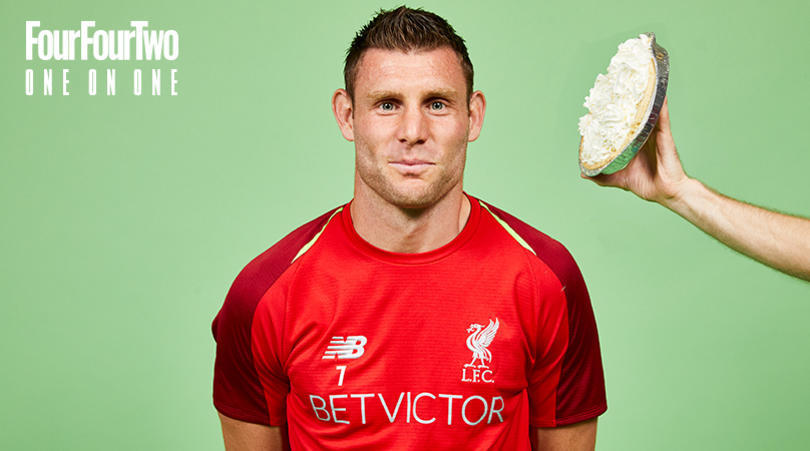
INTERVIEW James Milner: “My dad banned me from wearing red – I was brought up to dislike Manchester United!”
ODD COUPLES 15 sets of players you never knew were team-mates
Some Liverpool fans did take to renaming the London club Chelski as way of linking their success with their cash-rich Russian owner. Atkinson, though, sees things slightly differently. “I don’t blame Chelsea for that new money,” he says. “Roman’s funds might have gone anywhere. I was concerned what that cash would do to football but I didn’t need to be, it has survived.
“Manchester City got their cash too but despite all of that I believe we are entering a really exciting era akin to the 1960s where so many different clubs swapped the title. A team hasn’t retained the Premier League since United in 2009 and I think that trend will continue. Football is now post-Abramovich and post-Ferguson.”
The rivalry between this pair may have been stoked by repeated Champions League meetings, but rarely have they competed directly for the domestic league title. Yet with both sides - and Manchester City - unbeaten in the Premier League after six matches, Saturday's game at Stamford Bridge could play a role in deciding the final resting place of the trophy. There will be pressure, there will be disdain and there may be terrace 'banter' bordering on abuse. The days of classic Queen and a lump of celery seem a long time ago.
Leo Moynihan has been a freelance football writer and author for over 20 years. As well as contributing to FourFourTwo for all of that time, his words have also appeared in The Times, the Sunday Telegraph, the Guardian, Esquire, FHM and the Radio Times. He has written a number of books on football, including ghost projects with the likes of David Beckham and Andrew Cole, while his last two books, The Three Kings and Thou Shall Not Pass have both been recognised by the Sunday Times Sports Book of the Year awards.

